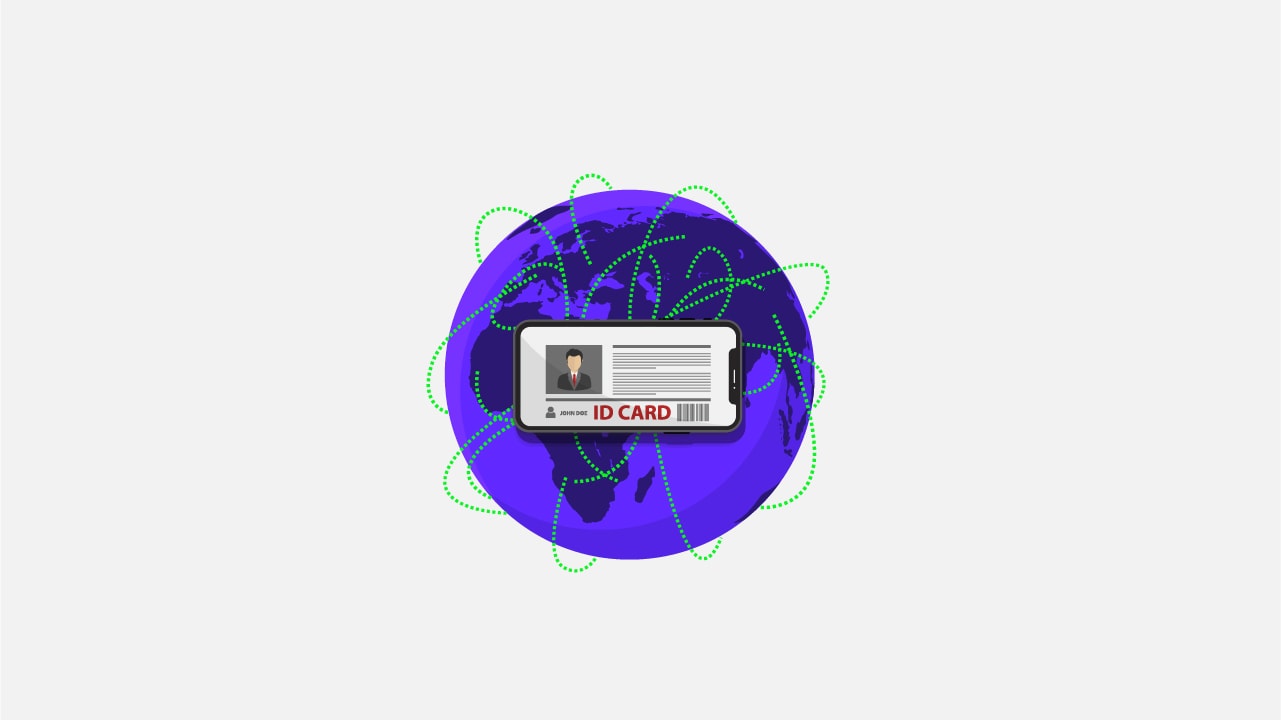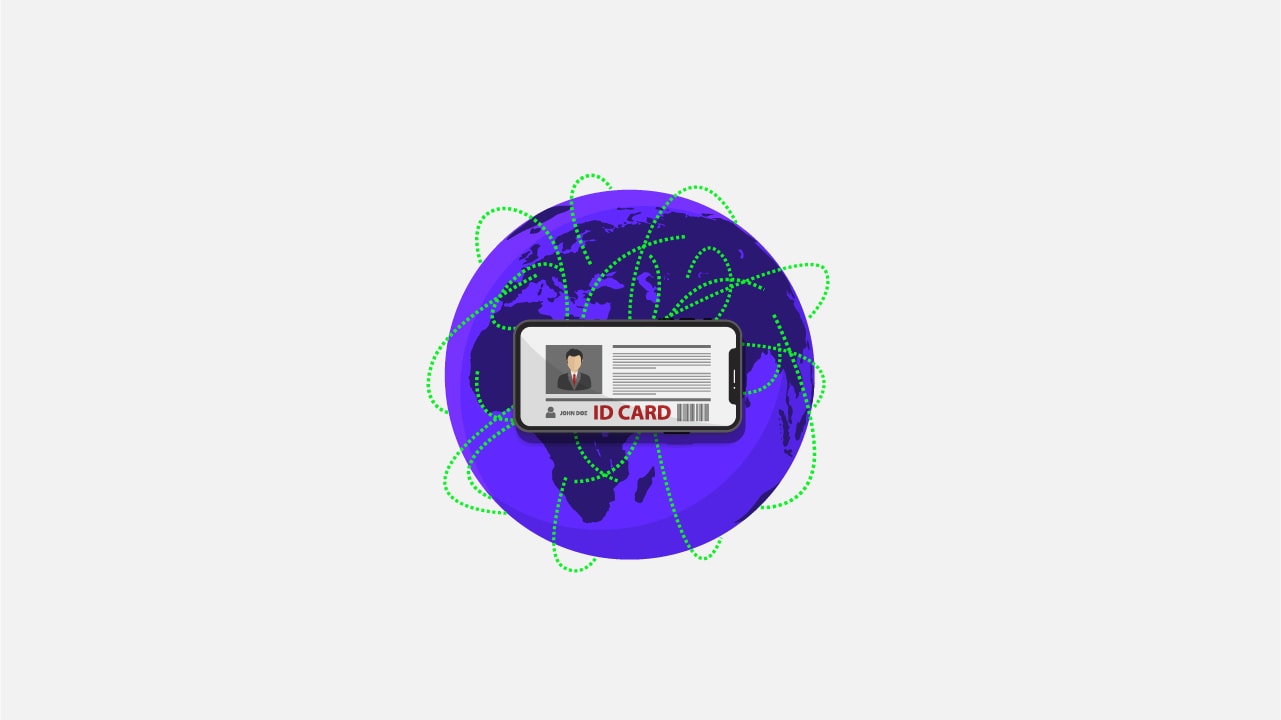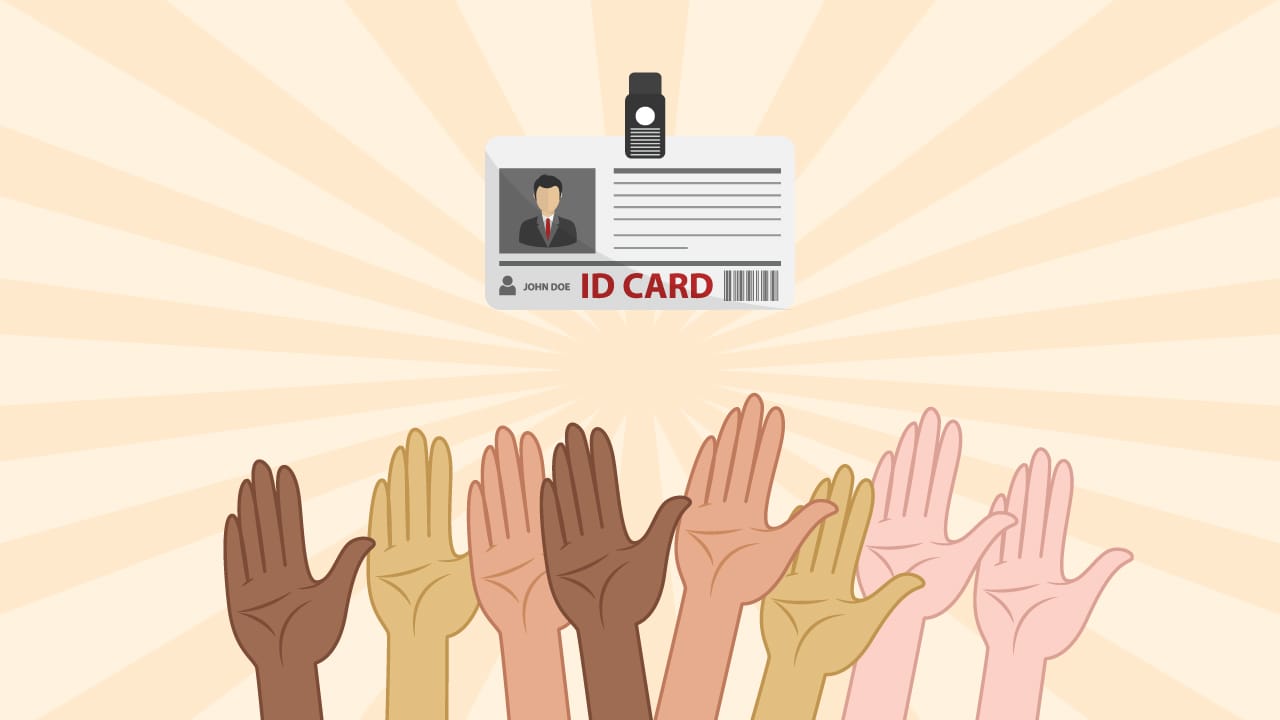Why is a unique identity system necessary? (I)
What is the human being really when it comes to talking about individuals, societies and species? What is our place in the universe? Why do we want to be together and under what circumstances? What brings us all together and what separates us today? What should join us and differentiate us in a better world?
The person and its context
According to Greek philosophers, especially Plato and Aristotle, men fully develope themselves when they are together with others. This is because men are political animals if we see it from a human conception, since they live in society.
Many animals have incorporated some traits from community life, but only human beings are political. This cannot be conceived in an isolated way, apart from its relation with institutions, society, governments, politics (in this case conceived as a way of organizing society).
All this means, in the end, that human beings and their identity cannot exist on their own. They also need the context in which they are developing.
The context
Humanity is part of the planet we live in and it interacts with nature in a systemic framework of life called biosphere. This is also a part of the Universe. The metaphor of “our only spaceship: Earth” can help us understand that we are part of a closed system. They key is that our presence beyond Earth has still limits. And if we think about it any partial action has consequences that are sometimes unforeseeable.
The person

The word “person” comes from personare, which means to resonate. What actually resonated was the voice of the actors in theaters in Ancient Greece. These actors used a mask with only one opening in the area of the mouth. The sound would come out through that hole with great force.
From this first meaning, the word “person” came to be. This word actually meant: the one who has a voice in the life of relationships.
Many think that person is a synonym of human, even though legally speaking these are not same. Legally speaking, person is everyone who is a recipient of the rights and obligations established by the law.
For Ancient Roman Law there were humans who weren’t persons: slaves, who weren’t subjects but objects of rights. They were just things, objects of property according to the law. These could be bought and sold. Why would a slave need an identity if they were just an object?
Natural Persons Vs Legal Persons
When slavery disappeared, everyone became a natural person. As of today, all human beings are persons. Even people who have been conceived but have not yet been born.
There is another type of person we call a legal person. These have independent existence from the individuals that compose them. For example, the State, the Municipalities, Universities, Colleges, Churches, and other companies with legal status, etc.
Even though these act through their representatives, who are natural persons, their existence doesn’t depend on them. The legal persons are the ones that acquire rights and own patrimonies, and not their members. For example, a school doesn’t disappear because they removed their authorities, it will continue existing through their new representation.
Worldwide identity in times of globalization
The World Democratic Forum about globalization and its repercussions in the individual and social identities of people assures that:
“Globalization, understood as the acceleration of interdependences among all kinds of actors in a world scale in the last decades of the 20th century and beginning of the 21st century, has seen ideas and analysis about what kind of world community is desirable, appear and multiply themselves. In the face of the world community emergency and the States leadership reduction, the debate on how to politically organize the world we want to live in becomes more profound and urgent”.
“But, beyond reflections and proposals about organizational aspects and abstract principles, in the context of a globalization that appears to be irreversible, the sense of collectivity that has always been an essential aspect of the processes of creating a political community, has reappeared. Around them, approaches, that without a doubt will be key to determine the new world that is being created, will be developed”.
What is a Digital Identity?

The most basic definition would be our identity on the internet, but we most give it some background. The Real Academia Española (RAE) tells us that identity is: “the set of characteristics of an individual or of a community that characterizes them compared to others”.
These expressions are the result of the ability to upload content and interact in different web spaces, social networks, professional profiles, blogs, company pages, comments that we give regarding various subjects, etc. If we put together all those tiny pieces we will have a final puzzle that composes who we are and what we do.
We all have a digital identity. It’s the trail that everyone leaves when using the internet. This is a result of their interactions with others or with content. In other words, we are talking about the consequences of communication 2.0.
Is there such a thing as a digital reputation?
The digital reputation is not linear, its accumulative in time and it is formed based on the amount of personal information, without any regard to when it was generated. Each action on the Internet leaves traces that can be located and processed independently, oblivious to the will of people and asynchronously, because the web doesn’t easily forget with the pass of time.
Our next post will be about an individual’s credibility and reputation in the dynamic virtual environments of today. Maybe you are also interested in some advice on how to take care of your digital reputation, the one we all have and that affects us so much when looking for opportunities and development.
In another post I will keep on explaining those circumstances that make it today the perfect time to unify the control of all the people’s identities.
The individual and its identity manifest themselves in many ways on the Internet. A unique identity system that regulates and validates all the information of a person online. Are you ready to try it?
Artículos relacionados


